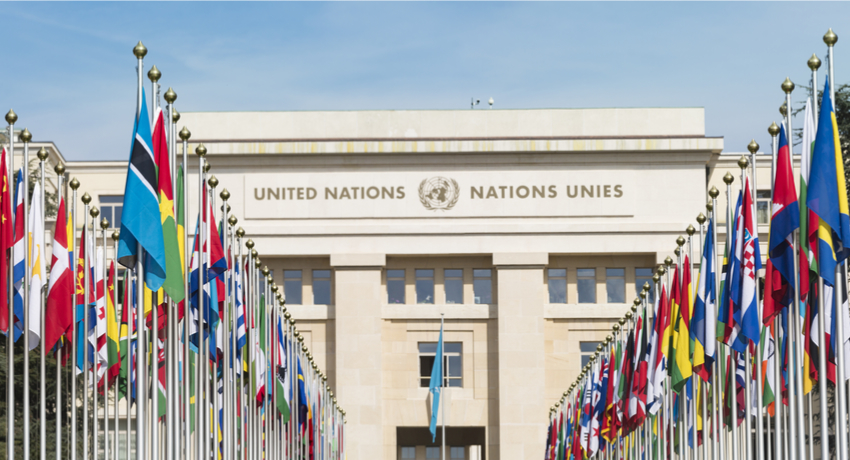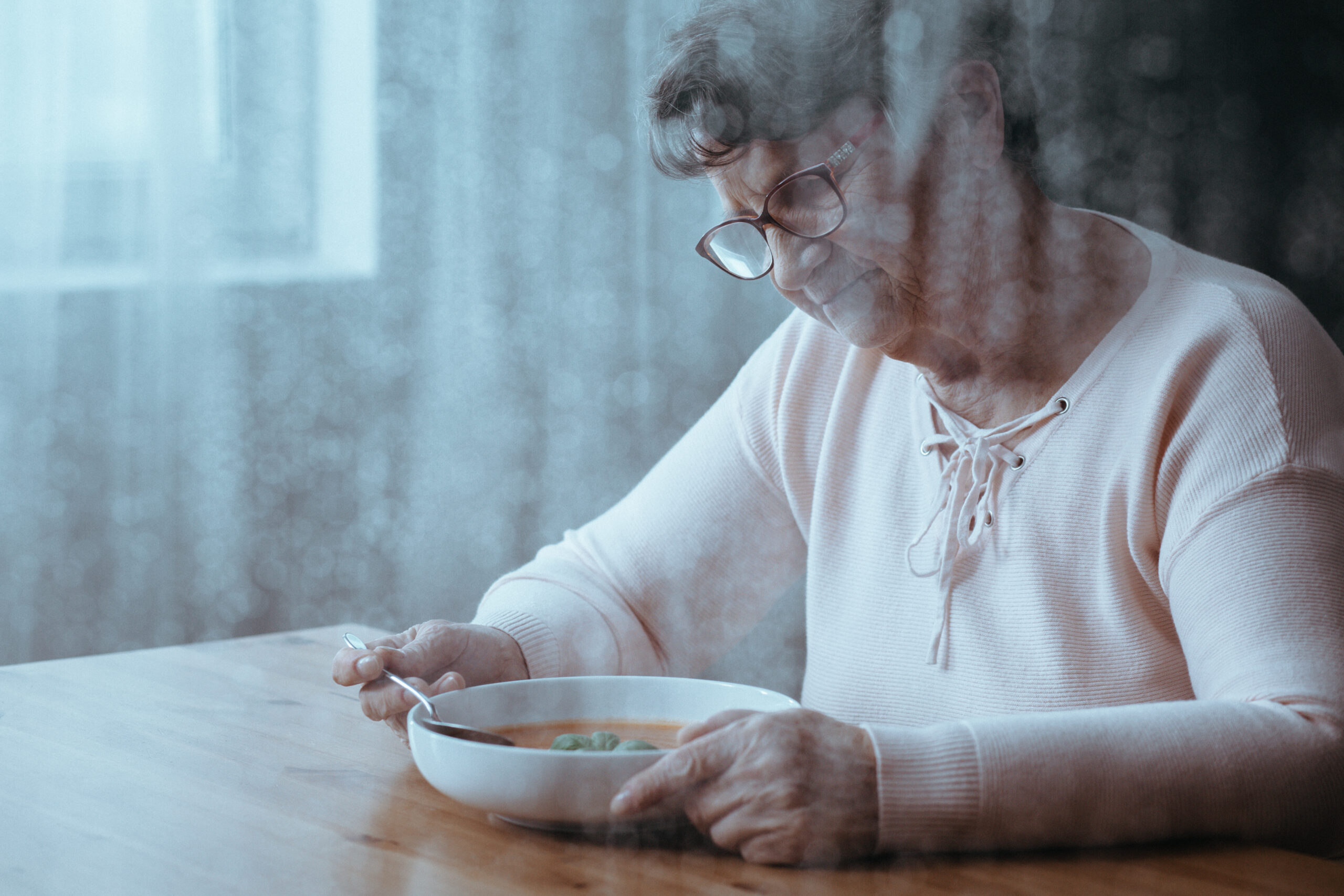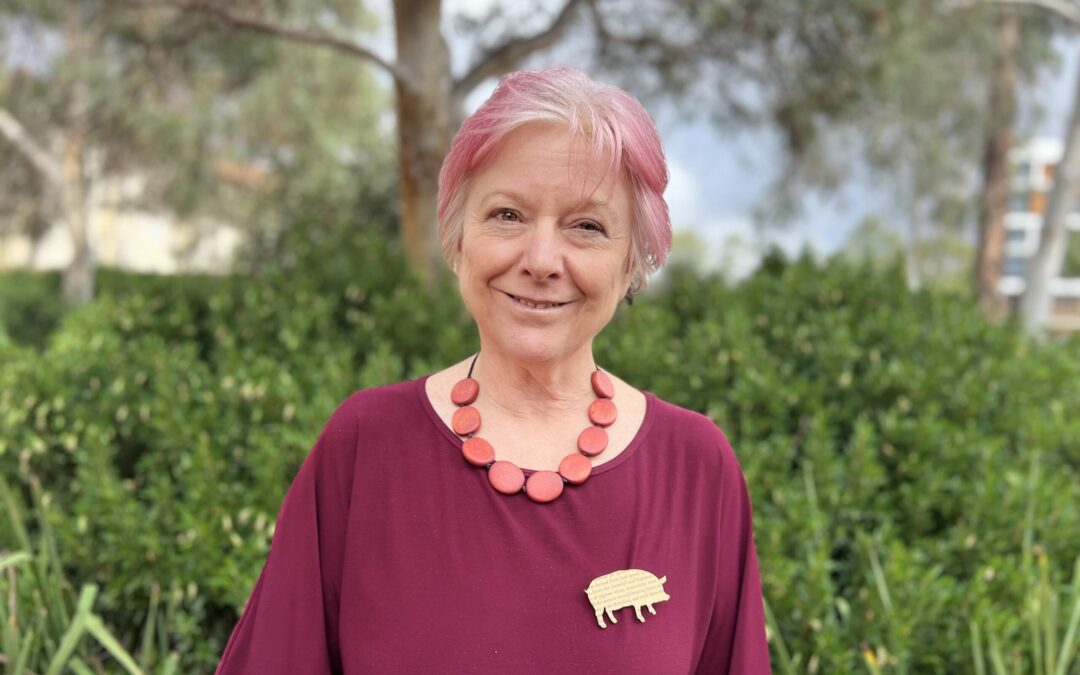In the 8th periodic review of the Australian government’s implementation of women’s rights, the UN committee raised concerns about the fact that there is no bill of rights or other mechanism to integrate the legal protections of the Convention on the Elimination of All Forms of Discrimination against Women (CEDAW).
The federal mechanisms for policy development and implementation also came under scrutiny. Aicha Vall Verges and Yoko Hayashi asked whether the government was providing sufficient resources to the Office for Women, who are responsible for the development, coordination and implementation of federal gender policy.
The Committee was shocked to find out that the Office for Women only included 30 staff, and the delegation conceded “the question of resourcing is always a difficult one” and that they “could do more”.
Since shifting to the Department of Prime Minister and Cabinet, Head of Office for Women Trish Bergin argued that they were better able to capitalise on resources across government. However she did admit that despite their remit to review federal government policy from a gender perspective, recent federal budget cuts were not subject to a gender analysis.
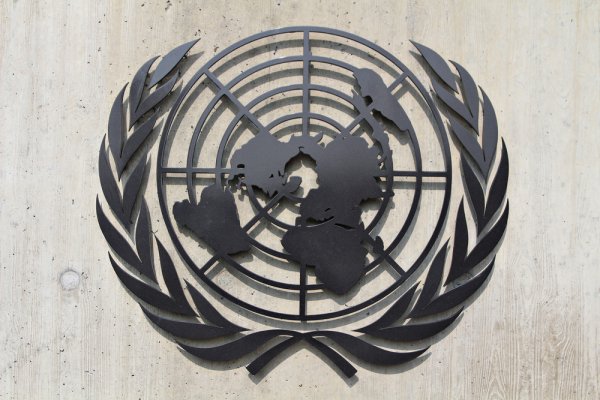
Health
Access to healthcare is covered by article 12 of the convention. A key question that remained unanswered was the prevalence of forced sterilisation of intersex people and people with disabilities, as well as abortions forced upon people with disabilities. However, the experts continued to ask about the government’s intentions to implement the recommendation to ban sterilisation from the 2013 Senate Committee Inquiry report on the involuntary or coerced sterilisation of people with disabilities in Australia.
While abortion is covered under Medicare and the Pharmaceutical Benefits Scheme, access to these services is still criminalised in several states and territories
Access to abortion was identified as a key health issue. While abortion is covered under Medicare and the Pharmaceutical Benefits Scheme, access to these services is still criminalised in several states and territories. Ismat Jahan asked about efforts to nationally decriminalise abortion and implement safe access zones for abortion clinics around Australia.
The committee also brought up the problems associated with the rollout of the National Disability Insurance Scheme (NDIS) and access to mental health services. Patricia Shculz directly asked why the government opposed the longstanding call for a Royal Commission into violence experienced by people with disabilities, who are significantly more vulnerable to abuse. The delegation replied that the government expected an inquiry into the NDIS would achieve the required objectives.
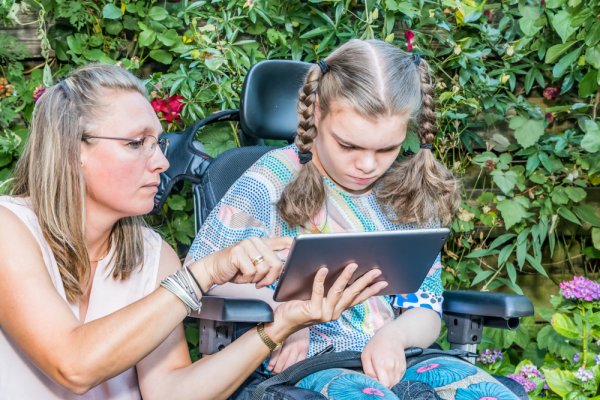
Domestic violence
Some of the concerns around healthcare overlapped with those related to domestic violence. One expert explained the problems with trying to ‘mainstream’ services for domestic violence while reducing specialised services. Women who experience family violence will not likely feel safe going to a shelter that also provides services to men, nor should they have to speak to a man when they’ve plucked up the courage to call a domestic violence hotline. Services that are not targeted and gendered are less likely to be approached by those in need, and less likely to provide the required sense of safety and security.
Services that are not targeted and gendered are less likely to be approached by those in need, and less likely to provide the required sense of safety and security
Given the federal governments problems with gathering consistent data and implementing policy, it was suggested that perhaps the time has come to develop and pass federal legislation on domestic violence. The government delegation said that such a step had not been considered so far, and would need to be a subject for the Council of Australian Governments.
The Committee expressed serious concern about the influence of false claims by the so called ‘Men’s Rights Activists’ on family law officers, policies and practice at the expense of the safety and protection of women and children in situations of domestic violence. The government could not provide a clear rationale for the merging of the Family Court with the Federal Circuit Court before the results of the Australian Law Reform Commission’s review to ensure the family law system meets the contemporary needs of families and effectively addresses family violence and child abuse.
Economic security
Gunnar Bergby called the Government to account on a raft of economic security issues ranging from sexual harassment to workplace flexibility. Among these, Australia’s continued failure to include superannuation on the government paid parental leave (PPL) scheme came under the microscope. The Government simply replied that there are no plans to extend PPL.
Bergby highlighted the gender super gap, and used PPL as an example of ways women face defacto discrimination. According to the Australian Human Rights Commission, “in 2015-2016 the average Australian woman was reaching retirement with an average of $113,660 less superannuation than the average male.”
Australia’s continued failure to include superannuation on the government paid parental leave (PPL) scheme came under the microscope
Australia’s income support system came under intense scrutiny from Committee members, with a focus on the most vulnerable communities. Nahla Haidar was quick to point to the contradiction of Australia’s status as one of the world’s wealthiest countries, yet continuing to make cuts to social infrastructure and public necessities. In particular, Haidar raised concerns about high rates of poverty experienced by single parent households, the vast majority of which are women.
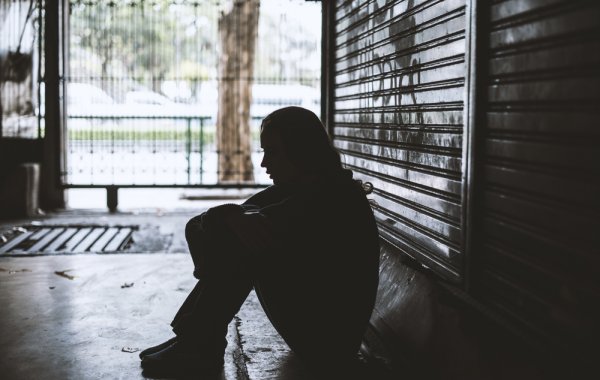
Homelessness
Women’s housing rights were under the spotlight with the Committee taking the Government to task for a lack of affordable housing, which undermines the right to housing for Aboriginal and Torres Strait Islander women, single, older women, single mothers and women leaving violence. Members of the Committee highlighted the gendered pathways into housing and homelessness, including the gender gap in retirement income, and a lack of legal aid and assistance provision for women to secure and sustain their property rights post-separation.
In response, the Government referred to the Federal $6 billion annual funding for housing programs, comprising the National Housing and Homelessness Agreement and Commonwealth Rent Assistance (CRA). However, this level of funding has overseen a deepening housing shortage in recent years and increasing levels of homelessness. Housing policy is far from gender neutral and the CEDAW Committee is right to sound the alarm on the women left behind in Australia’s housing system.
***
Attempts to address many of these issues are being undertaken in an increasingly tight fiscal environment, as the delegation often reminded the Committee. However, it was noted that the money existed, because the government had announced significant growth in defence spending, but it had been decided not to fund gendered initiatives.
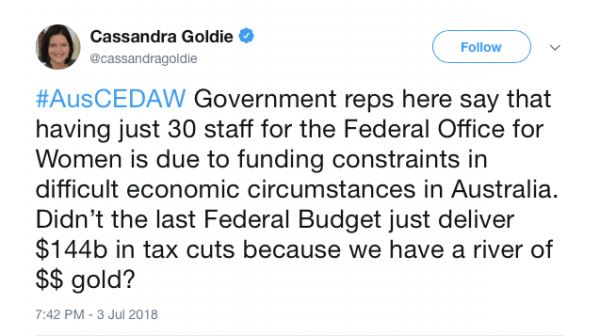
The CEO of the Australian Council of Social Services aptly tweeted a reminder that the last federal budget included $144 billion in tax cuts on the basis that the economy was in such good condition. Surely this can serve as a reminder of the importance of gender budgeting, and empowering and resourcing the Office for Women to provide such gendered analysis?
Susan Hutchinson is the Executive Director of Azadi-e Zan, a new NGO helping Afghan women’s rights defenders since the fall of Kabul. She lives with a chronic disabling illness. Before becoming ill she was the Civil-Military Advisor for the Australian Council for International Development. Susan continues to focus her energy on women’s experiences of conflict and is currently undertaking a PhD on women, peace and security at the Australian National University’s Coral Bell School.
